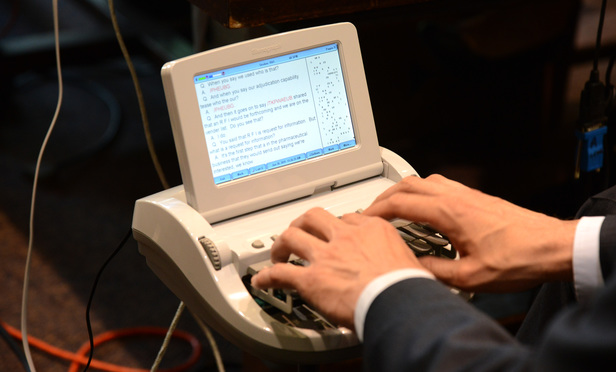Depositions are often a critical discovery tool in civil litigation, as they generally provide a litigant (or a litigant’s counsel) the ability to ask a broad array of questions to a witness in real time and to potentially “lock-in” testimony on a critical issue in a case. Unlike other discovery tools—such as interrogatories—depositions upon oral examination are particularly potent tools in a litigator’s arsenal because they enable a party to gather information from a witness generally without the filter of a witness’ counsel. Indeed, the sworn deposition testimony of a key witness—as confirmed by the transcript of the deposition—can often determine the outcome of the entire case.
What if, however, a witness seeks to make substantive changes to deposition testimony after the deposition has concluded? Unbeknownst to many practitioners, Rule 30(e) of the Federal Rules of Civil Procedure appears, on its face, to permit exactly that.
This content has been archived. It is available through our partners, LexisNexis® and Bloomberg Law.
To view this content, please continue to their sites.
Not a Lexis Subscriber?
Subscribe Now
Not a Bloomberg Law Subscriber?
Subscribe Now
LexisNexis® and Bloomberg Law are third party online distributors of the broad collection of current and archived versions of ALM's legal news publications. LexisNexis® and Bloomberg Law customers are able to access and use ALM's content, including content from the National Law Journal, The American Lawyer, Legaltech News, The New York Law Journal, and Corporate Counsel, as well as other sources of legal information.
For questions call 1-877-256-2472 or contact us at [email protected]



